
I am a passionate conservation scientist, driven to understand and protect some of the ocean’s most iconic predators and the ecosystems they shape. From deploying electronic tags to conducting aerial and shipboard surveys to estimate their abundance, distribution, and health, my work blends hands-on field research with data-driven analysis to guide marine conservation in a rapidly changing world.
Mission
Billions of people depend on healthy oceans for sustenance and livelihoods, making marine conservation essential to sustainable development. My career goal is to conduct the science crucial for safeguarding both food security and marine biodiversity, with a focus on the eastern Mediterranean. My home.
This region faces intense human–wildlife conflicts and the mounting impacts of climate change, yet major knowledge gaps remain about the spatial ecology of large pelagic predators - sharks, billfish, tunas, and cetaceans - that are vital to maintaining ecosystem integrity. I aim to bridge those gaps and inform policy on a regional scale, steering conservation toward collaborative, transboundary solutions that are urgently needed but still largely lacking today.
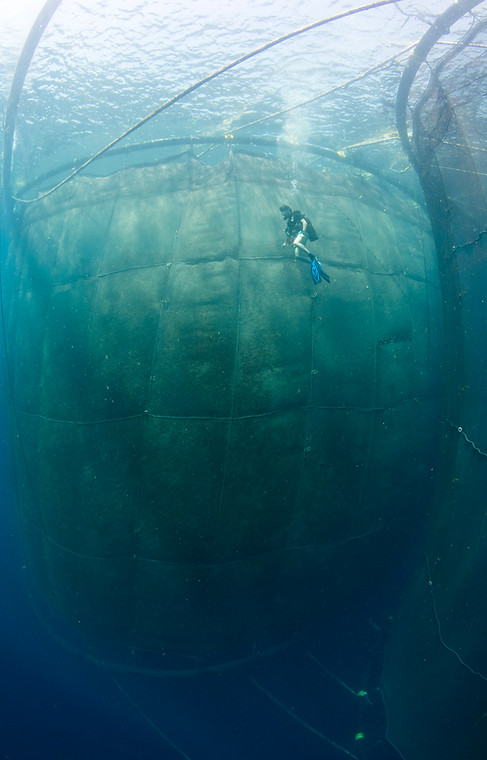
Hagai Nativ
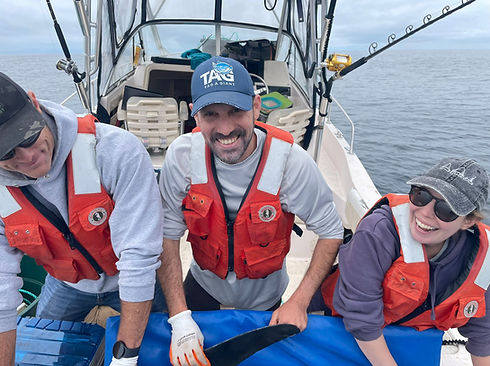
Current role
I am currently a postdoctoral fellow at Stanford University’s Hopkins Marine Station, working in Prof. Barbara Block's Lab. My research focuses on the long-distance migrations of Atlantic bluefin tuna tagged in Israel and Turkey, and assessing what their movements reveal about the adequacy of current management measures across the species’ range.
In addition to this research, I’m involved in projects both locally and internationally: tagging sharks and tunas in the waters of Monterey Bay, scientific diving to maintain the lab’s acoustic array for monitoring white shark presence along the California coast, and contributing to tagging operations in the Pacific and Atlantic Oceans. Being part of Prof. Barbara Block’s scientist team is truly a dream come true.
Background & journey
I did my military service as a navy diver in the beautiful Red Sea, where awe-inspiring encounters with marine wildlife sparked a lasting fascination and set me on the path to a B.Sc. in Marine Biology.
During my studies, I learned methods in molecular analyses, oceanography, and nature conservation, while also training as a scientific diver and a sailor. These experiences opened doors to new opportunities: I worked as the coordinator of ecological programmes at the Israel Nature and Parks Authority’s Education Centre, and later as an instructor at the country’s largest yacht club, teaching the theory and practice needed for an offshore skipper’s licence. Around the same time, I volunteered at a sea turtle rescue centre, where I based my final B.Sc. project on the blood biochemistry of individuals during rehabilitation.
When I finished my studies, I set out on a sailing voyage in a small boat across the Mediterranean Sea and the Atlantic Ocean, linking Asia, Europe, Africa, and America. The journey left a lasting impression on me, revealing how local environmental threats are interconnected and truly global, and instilling a sense of urgency to learn more about solutions that work across ecological, social, and political boundaries.
After my trip, I pursued an M.Sc. in Water and Coastal Management in Germany and another in Environmental and Infrastructure Planning in the Netherlands. Drawing on social and natural sciences, I learned to approach environmental challenges as complex problems that require science-based governance and policy to guide societies toward sustainability. I wrote my thesis on Israel’s marine planning framework as a dynamic process shaped by ecological, socio-economic, and political factors, where outcomes emerge in non-linear and often unpredictable ways, yet remain navigable through adaptive and flexible management.
During my studies in Europe, I also volunteered as a biologist at multiple rehabilitation centres for seals, performing necropsies and providing care to injured animals. I developed a strong interest in the connection between human-driven threats and wildlife health risks that emerge at the population level.
Upon my return to Israel, I became manager of the Apex Predator Laboratory at the then-new Morris Kahn Marine Research Station (MKMRS). In this role, I co-established long-term ecological research programmes, including the largest shark tagging initiative in the Mediterranean, onboard monitoring of Israel’s offshore bluefin tuna fishery, and the creation of a necropsy lab and tissue bank for stranded marine mammals. In parallel with my work at the MKMRS, I co-founded Delphis, a non-profit marine conservation organisation dedicated to protecting marine mammals by advancing ocean literacy, fostering cross-sector collaborations, and promoting citizen science.
At the same time, I pursued a Ph.D. in Marine Ecology at the University of Haifa. My research focused on the abundance and health of apex marine predators in the eastern Mediterranean Sea. I combined conventional approaches, such as acoustic telemetry to monitor shark aggregations at coastal infrastructure, with new analytical techniques that integrated drones and active hydro-acoustics for fishery-independent sampling, while also studying the prevalence of terrestrial pathogens in predator populations. This work provided some of the first comprehensive insights into the ecology of sharks, tunas, and marine mammals in this understudied part of the world.
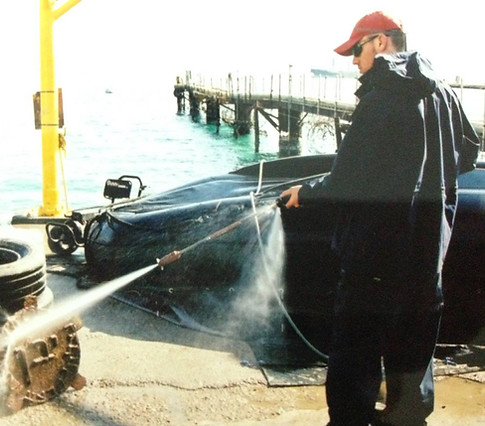


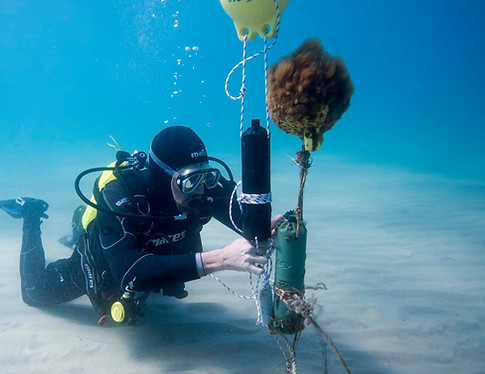
Hagai Nativ

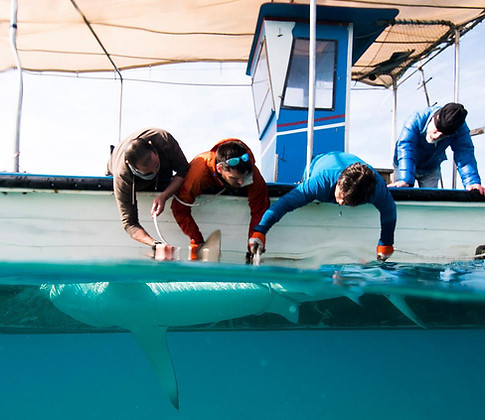
Hagai Nativ